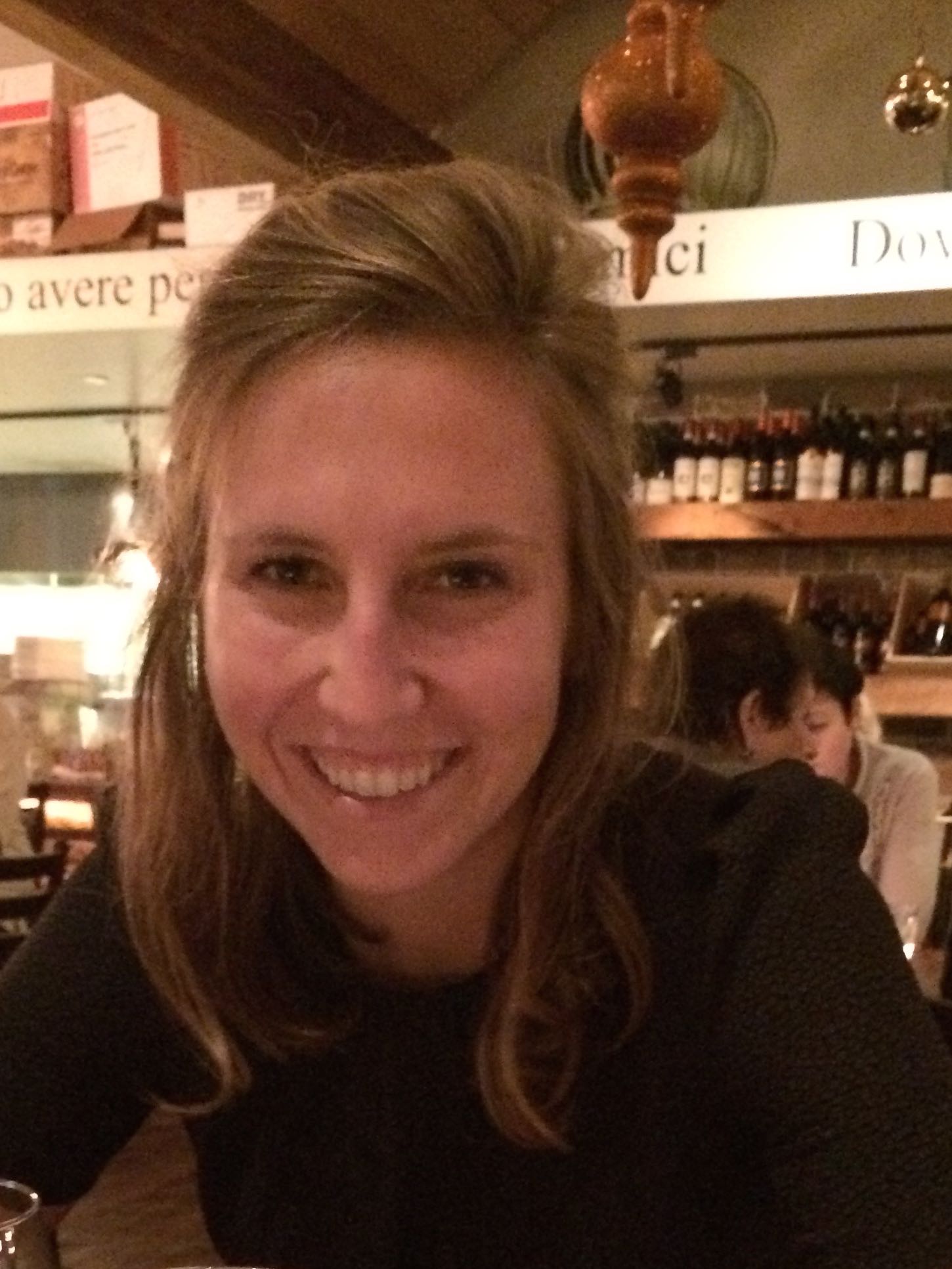Reese Witherspoon: "It's Time That We Start Seeing Women for How Complex They Really Are."

By:
Reese Witherspoon wants to change Hollywood’s portrayal of women. If her recent successes are any indication, she’s on track to do just that.
“It’s time that we start seeing women for how complex they really are,” Witherspoon told Charlie Rose in a 60 Minutes segment.
Witherspoon founded her production company, Pacific Standard, with producer Bruna Papandrea in 2012. Pacific Standard released two of the year’s most critically acclaimed movies, “Gone Girl” and “Wild,” which Witherspoon also stars in. Both movies are based on books that Witherspoon read and optioned before they were published. “Gone Girl” has already earned over $350 million at the box office.
With a starring role in “Man in the Moon” at the age of 14 and an Oscar for “Walk the Line” at 29, Witherspoon grew up in the spotlight. She also grew up as a feminist, for which she credits the strong women in her life, including her mother and grandmother, and an empowering experience at her all-female high school.
After her early, resounding success, Witherspoon struggled through personal and professional setbacks. She divorced then-husband Ryan Phillippe and was labeled by The New Yorker as someone who was no longer “box office magic.”
Rather than accepting defeat, Witherspoon rose to the challenge of proving her relevance. She seeks out roles and stories that celebrate the kind of women she knows: strong and complicated. The leading female characters in “Gone Girl” and “Wild” are complex, nuanced women who chart their own courses and defy stereotypes.
Witherspoon has been asked why she doesn’t play weak characters, to which she responds: “I don’t know any weak women.”
Witherspoon takes a different approach to feminism than the flashy, neon-lights version embraced by Beyonce or the carefully packaged, mass-appeal feminism articulated by Emma Watson. The female leads in “Gone Girl” and “Wild” don’t “have it all.” They are broken and tormented, fighting to assert their right to make decisions independent from what the patriarchy expects of them.
At first glance, Witherspoon’s character in “Wild” – makeup-less, grieving, courageous enough to undertake a solo thousand-mile hike along the Pacific Crest Trail – couldn’t be more of a departure from one of Witherspoon’s earliest and most famous characters: Elle Woods of “Legally Blonde.”
Elle goes to Harvard Law School to chase a guy that doesn’t want her. She’s the very embodiment of the ditzy sorority girl stereotype. But over the course of the movie, she rejects the advances of her predatory male professor, wins an important case for her client and speaks at her law school graduation. Elle overturns the preconceptions that her classmates and professors had about her and rejects their characterization of her as incompetent, weak and vulnerable. And that guy she once followed to Harvard Law? He’s long forgotten.
Witherspoon’s gravitation towards feminism isn’t new, but thanks to her relatively young production company, her voice is louder than it ever has been before. Witherspoon told Charlie Rose that she turned down an invitation to do a 60 Minutes interview a few years earlier because she didn’t know what to say.
“And now, when I was approached, I felt like, ‘No, yeah. This makes sense.’ Witherspoon said. ‘I have something to say now.’”
